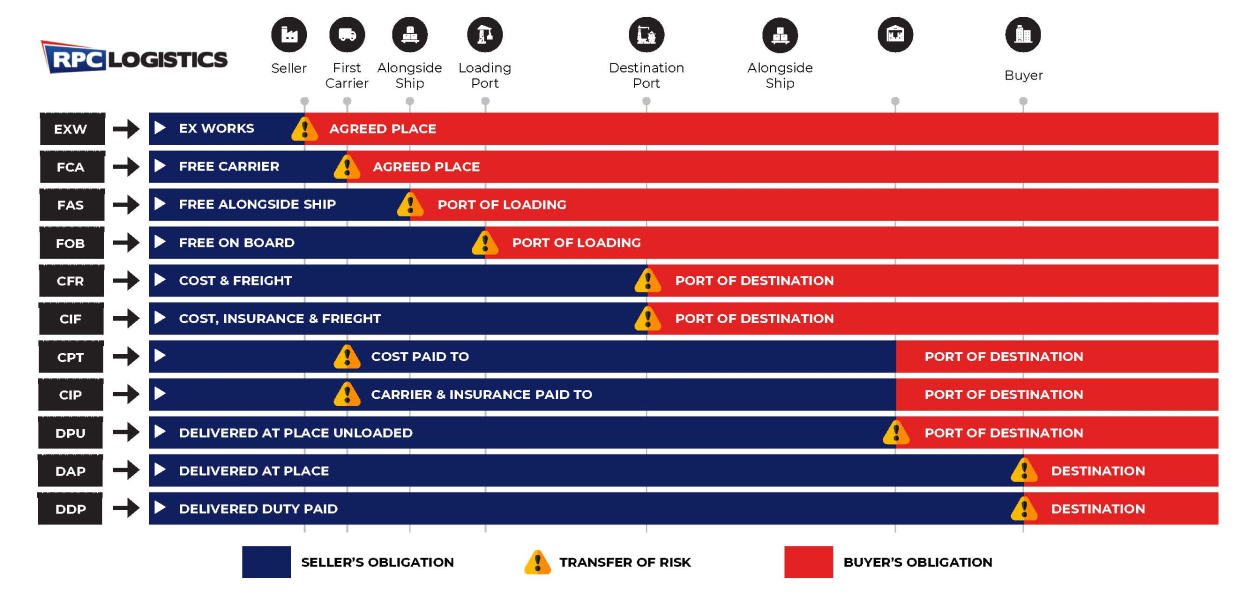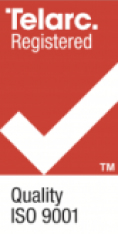Incoterms 2020
Incoterms, commonly referenced as trade terms or international freight terms are a set of guidelines that assist in international trade, issued by the International Chamber of Commerce. The Incoterms clarify and guide the buying and selling parties to the responsibilities of their roles in the movement of goods from the seller to the buyer.



